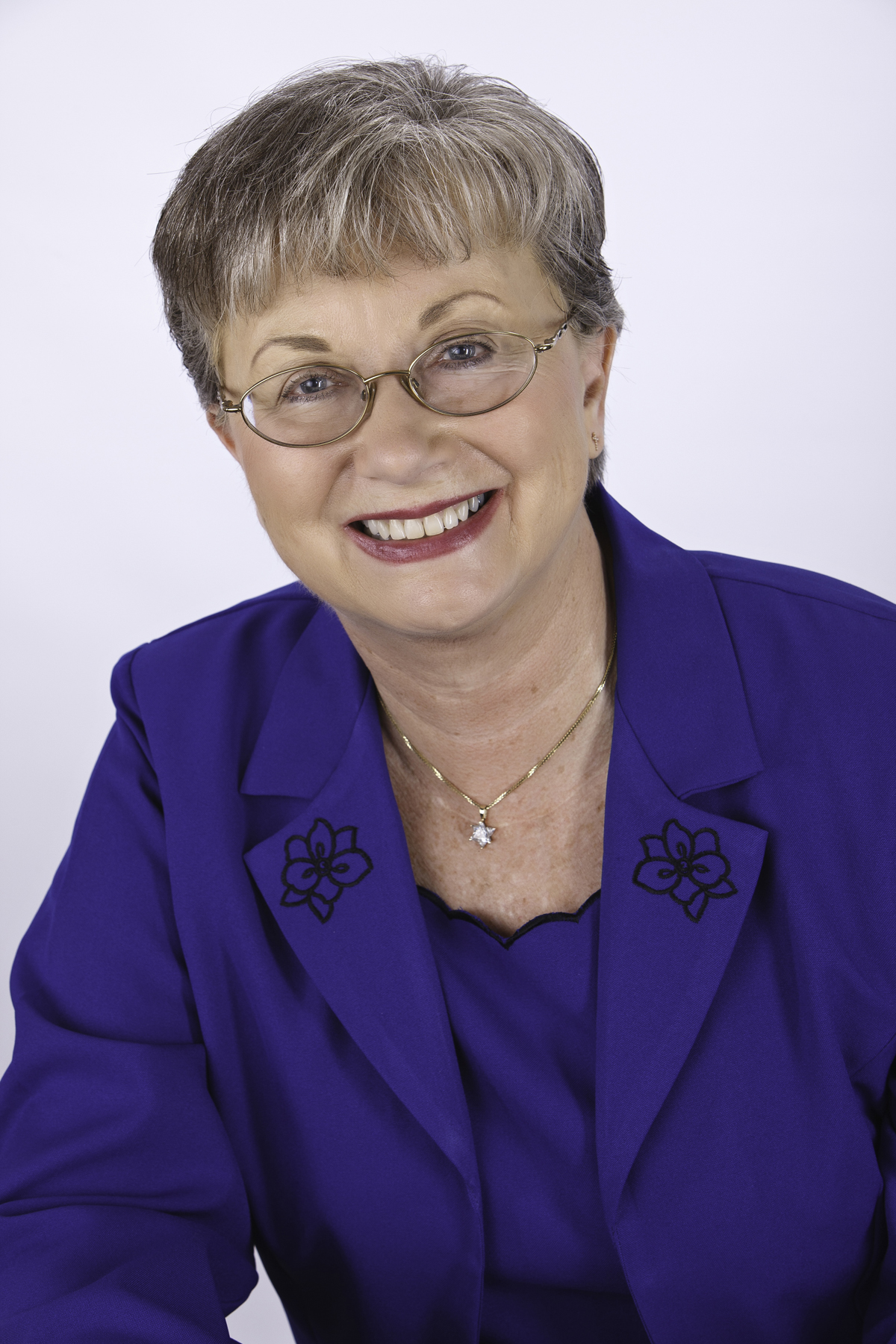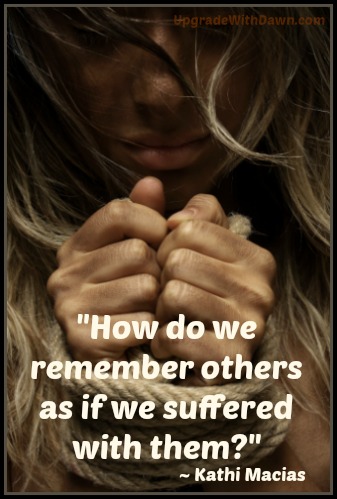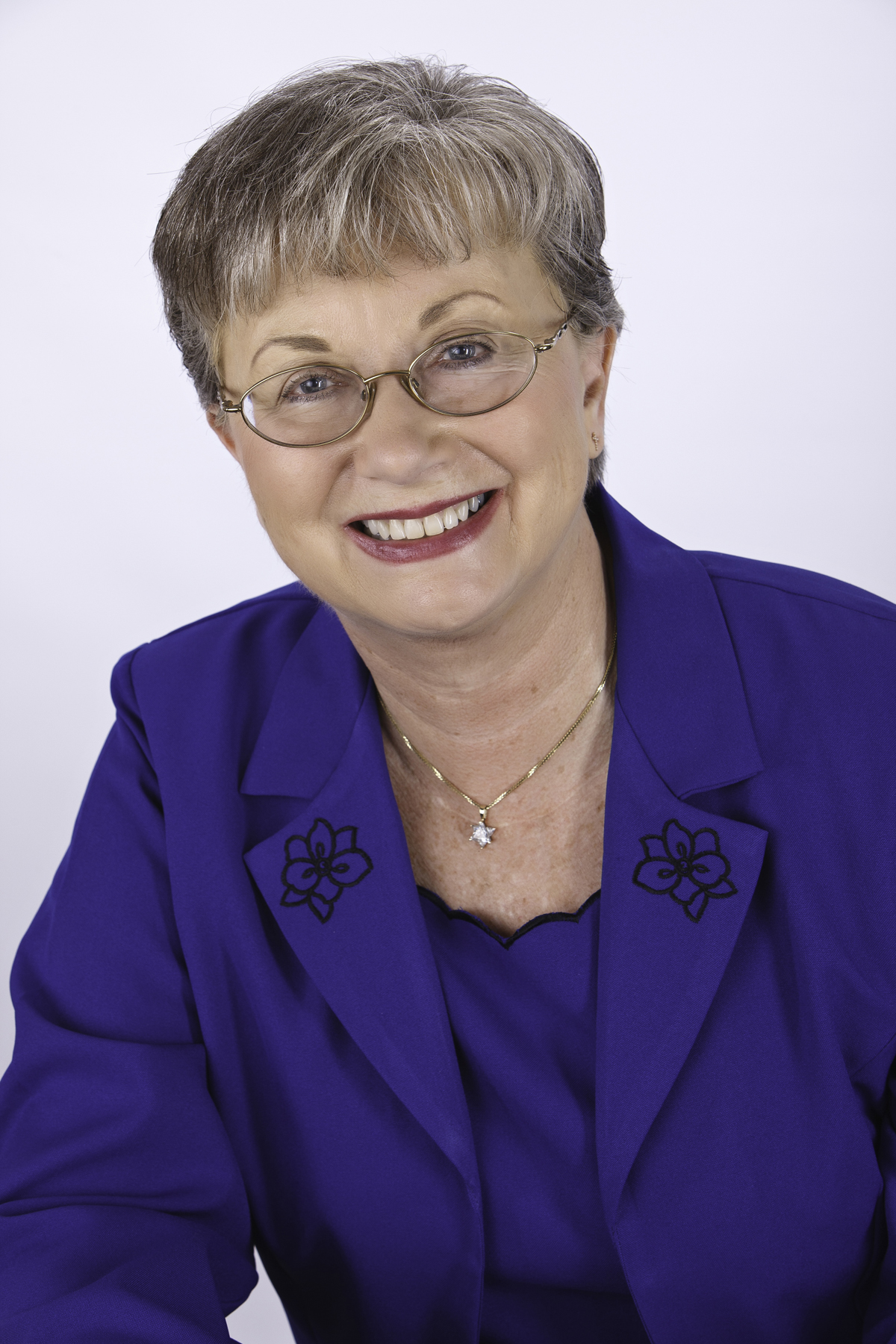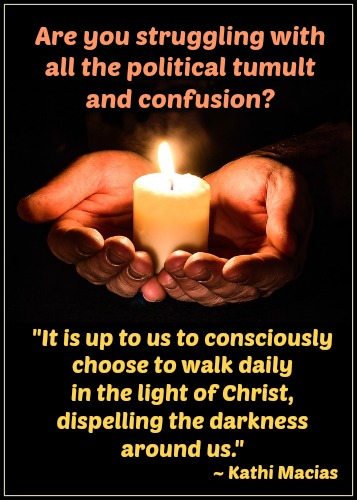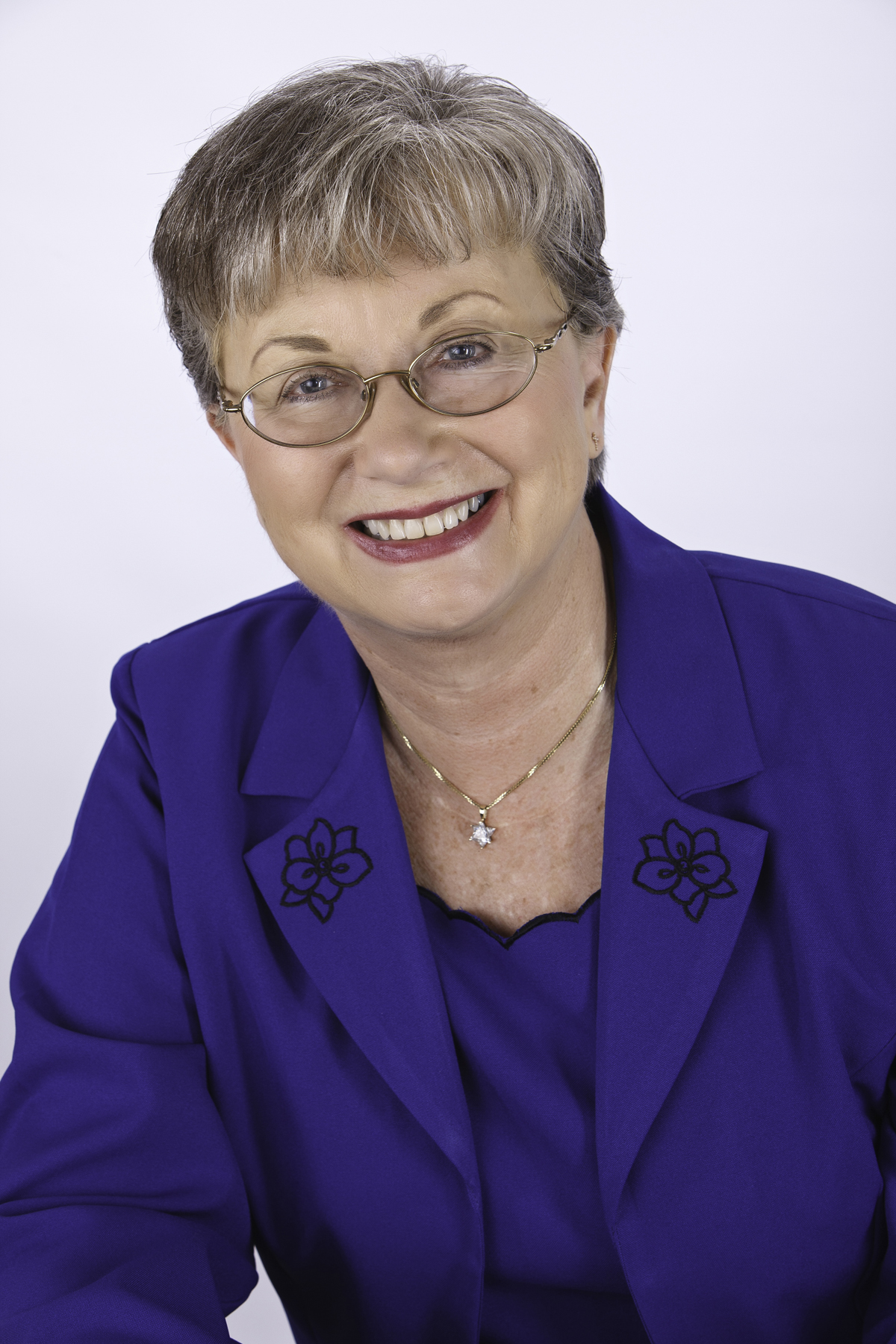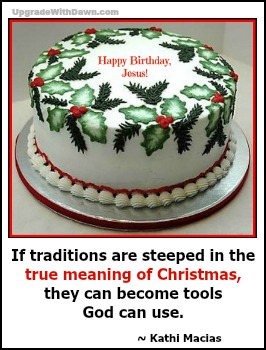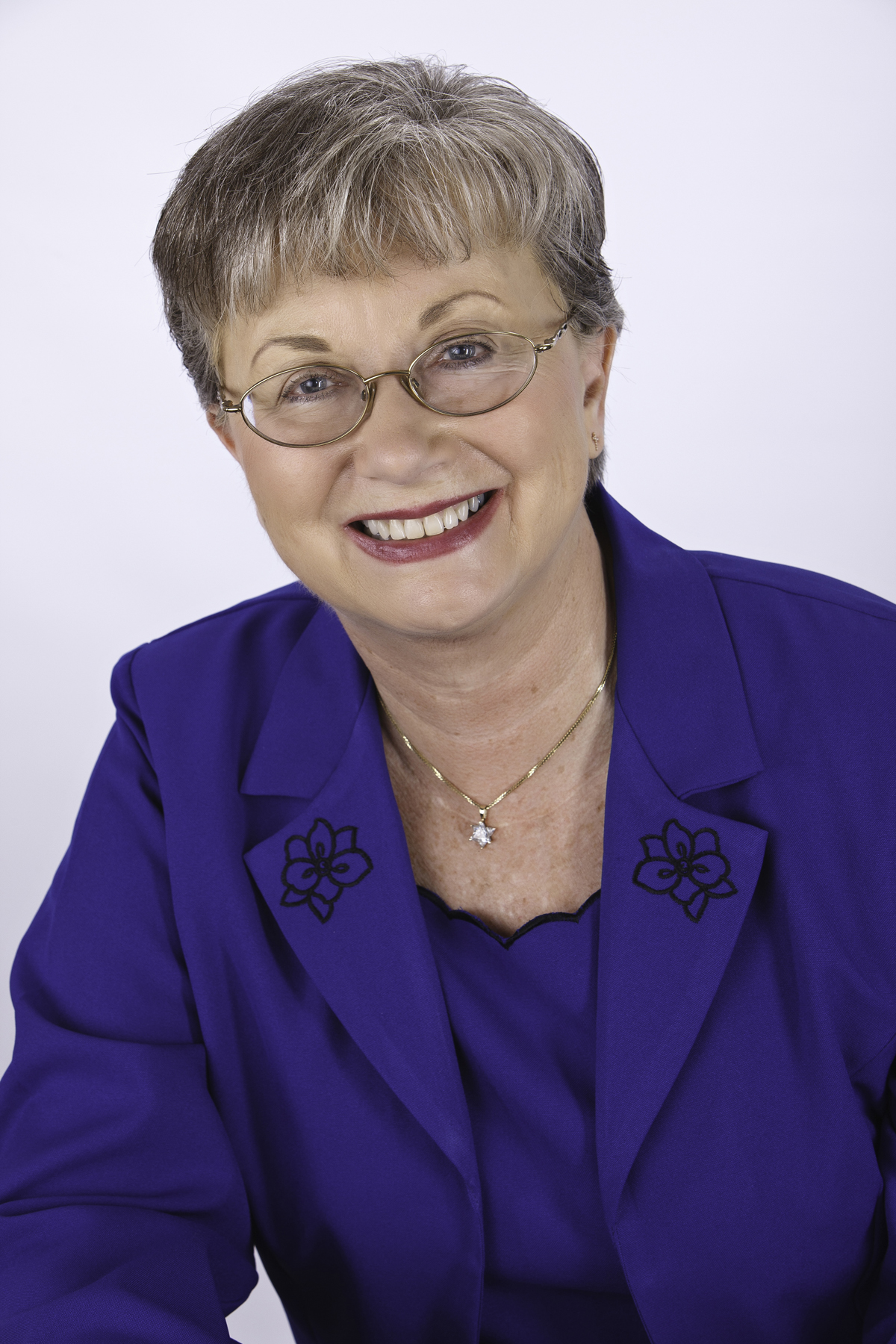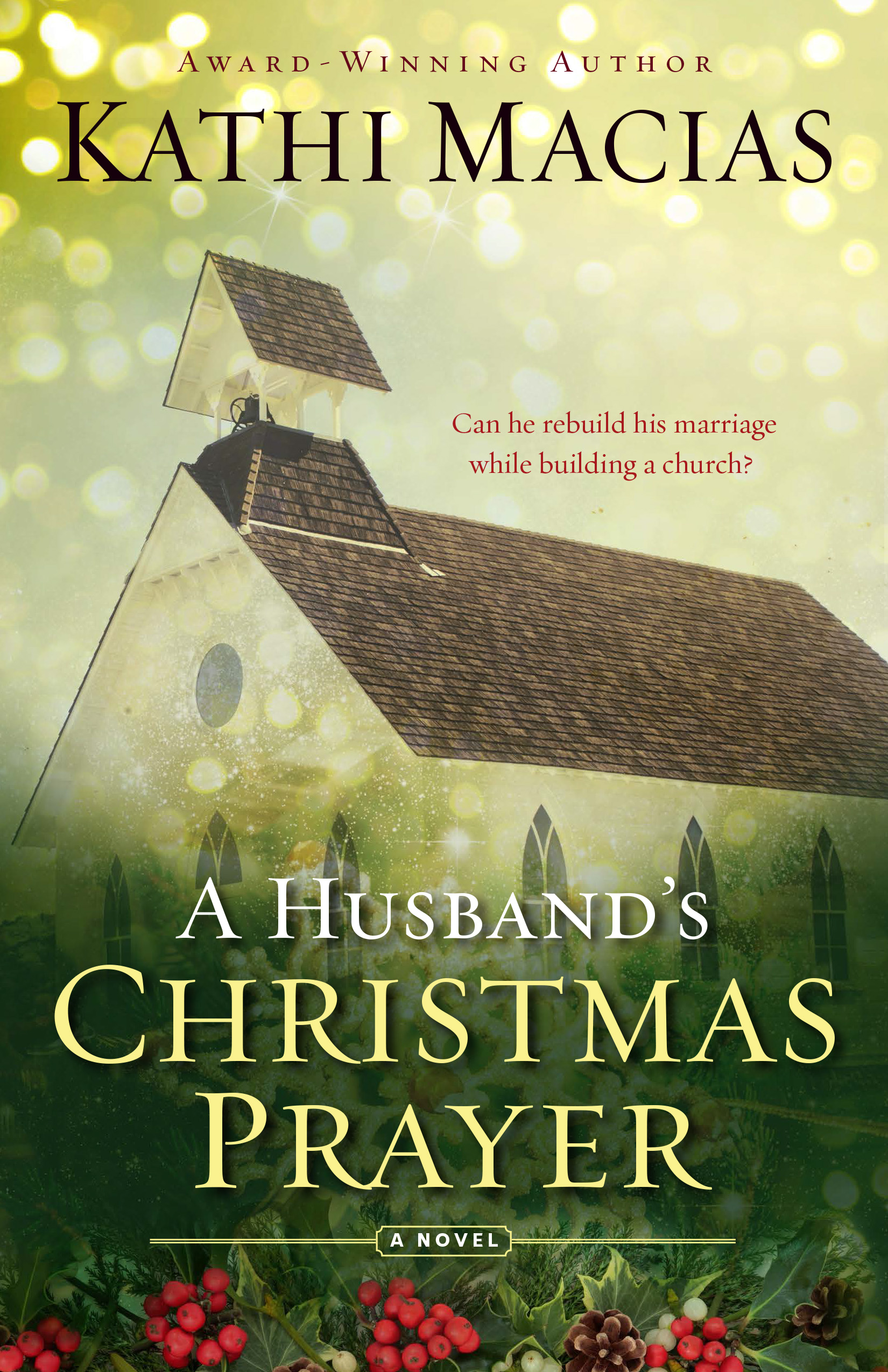A Certain Hope for Uncertain Times
Kathi Macias has become one of my go-to friends for biblical wisdom applied in practical ways. In this Encouragement UPGRADE, she reminds us circumstances may change, but our hope is in our God who never changes.
never changes.
"My favorite scenario is that Jesus will arrive and scoop us up before the going gets REALLY tough," Kathi says, "but Jesus Himself told us that no one knows the day or the hour when He will return."
I (Dawn) admit that I'm also hoping Jesus returns... SOON! As our culture disintegrates, sometimes my heart fills with fear. But then I fix my eyes on Jesus, and something else too—which Kathy writes about here.
Kathi continues . . .
I’ve noticed that a lot of people tend to be dividing into two different camps lately:
- those who run around pulling their hair and screaming that the sky is falling, and
- those who have no clue, nor do they care what’s going on beyond their own little self-developed bubble.
This wouldn’t disturb me so much if it were strictly unbelievers reacting this way, but even some Christians seem caught up in one or the other of these behaviors.
I have a tendency to lean toward the screamers, since I too sense we are living in perilous times.
But then again, when in history have times not been perilous, at least somewhere in the globe?
Of course, I don’t want to discount prophecy, and it’s difficult not to listen to the news and try to line it up with Scripture.
But whether we’re in the last days, the next-to-last days, or the last of the last days—
Is stocking up on peanut butter and toilet paper really what we are called to do as Christians?
All right, I admit that I’m of practical German stock, and I like the feeling of security I get from being out of debt and having enough canned soup on hand to last me until the millennium—just in case.
My favorite scenario is that Jesus will arrive and scoop us up before the going gets REALLY tough, but Jesus Himself told us that no one knows the day or the hour when He will return. The only thing we can know for certain is that He WILL come . . . and when He does, it will be at the perfect time.
So where does that leave us, particularly as we work our way through 2021, with looming economic problems, virus vaccines and lockdowns, and uncertainty at every turn?
It leaves us in exactly the same place as when things were going more smoothly and everything seemed right within our own little world. It wasn’t right, of course; it only seemed that way because our personal life situation wasn’t threatened.
And that’s the point.
People have lived with threats and wars and terrorism and economic instability since Adam and Eve were exiled from the Garden.
Might we be living at the end of the age, when everything comes to a head and Jesus really does return? Most certainly.
Then again…
It really doesn’t matter, for how we live is not to be based on what we think tomorrow might bring, but rather on what God has called us to do TODAY.
- “Every commandment which I command you TODAY you must be careful to observe…” (Deuteronomy 8:1, emphasis added).
- “Therefore do not worry about tomorrow, for tomorrow will worry about its own things. Sufficient for THE DAY is its own trouble” (Matthew 6:34, emphasis added).
- “TODAY, if you will hear His voice, do not harden your hearts” (Hebrews 3:7-8, emphasis added).
We are called to be faithful TODAY—not to lament our failures of yesterday or fret about tomorrow.
If we are true believers, then we are to be about the Father’s business, as Jesus was when He walked the earth. We are to fulfill the Great Commission of going into all the world to proclaim the gospel and make disciples.
That’s what we need to focus on TODAY—whether tomorrow seems to threaten turmoil or promise peace. For the Scriptures are clear that regardless of what we face, God’s thoughts and plans for us are “of peace and not of evil, to give you a future and a hope” (Jeremiah 29:11).
Several years ago, I wrote a book called The Moses Quilt, a contemporary romance told against the backdrop of the life of one of America’s greatest heroines, Harriet Tubman.
This amazing woman of faith and courage was born into slavery and went through life uneducated and nearly penniless. Yet she not only escaped slavery herself but went back into the “lion’s den” nineteen times to successfully lead out about 300 other slaves, including her elderly parents—all the time knowing there was a “wanted dead or alive” bounty on her head.
How was she able to do it? By refusing to allow the circumstances to dissuade her from following what she believed was God’s call on her life.
Harriet stood on God’s promises.
She stood on scriptures she had memorized from hearing others recite them—because she was unable to read—and lived accordingly.
Those same promises that fortified Harriet Tubman’s courage are available to us.
With that in mind,
- we don’t need to scream and pull our hair,
- nor do we need to hide within our personal safety bubbles and ignore the world around us.
God is calling us to so much more; He is calling us to be about His business and to enter into those plans and thoughts He has for us… to give us a future and a hope, just as Harriet Tubman and so many others did before us.
How are your responding to these uncertain, sometimes scary times? How might standing on God's promises and the encouragement in His Word give you sure hope and a plan for moving forward in obedience to Him?
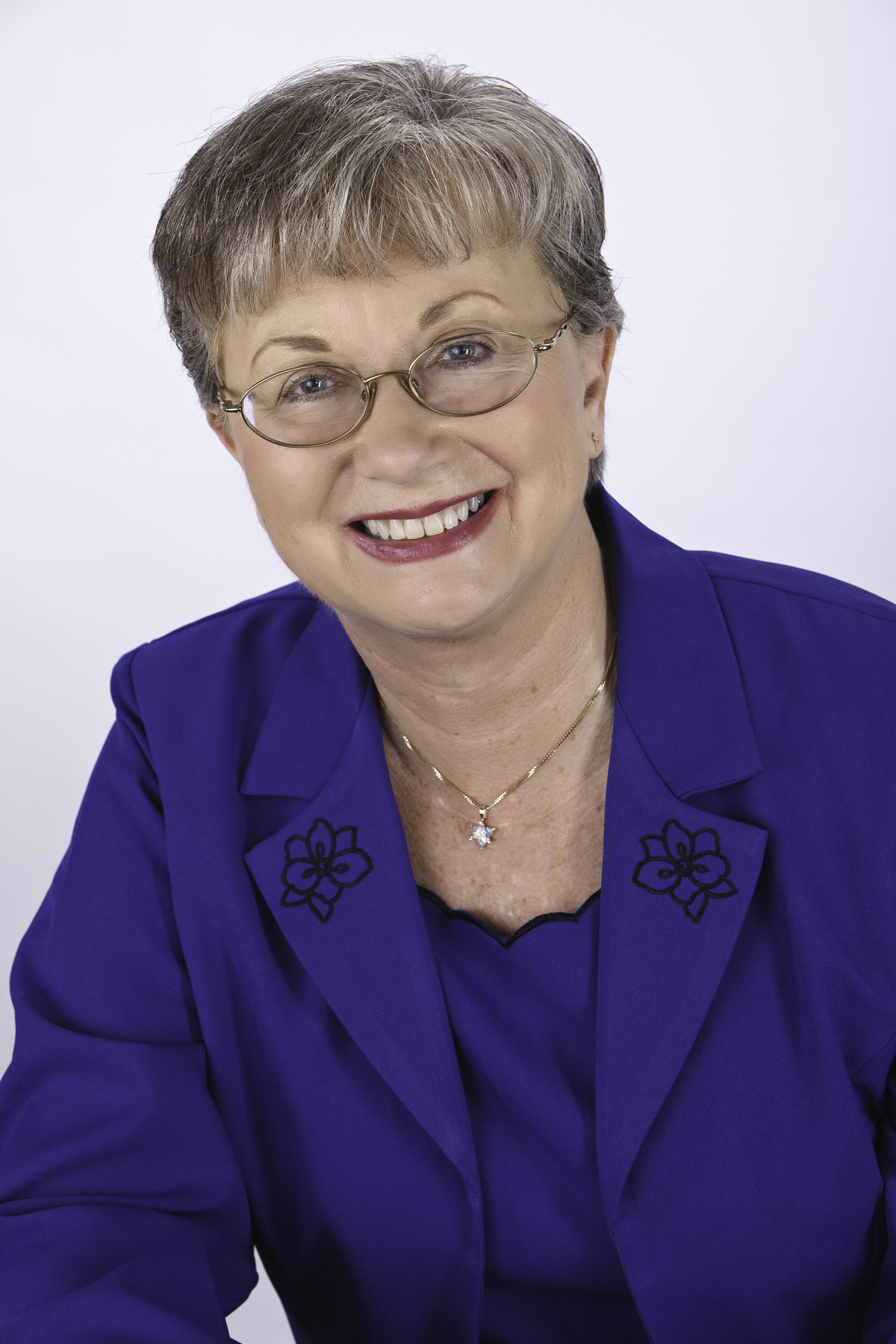 Kathi Macias (www.kathimacias.com) is an award-winning author of more than 50 books. A wife, mother, grandmother, and great-grandmother, she lives
Kathi Macias (www.kathimacias.com) is an award-winning author of more than 50 books. A wife, mother, grandmother, and great-grandmother, she lives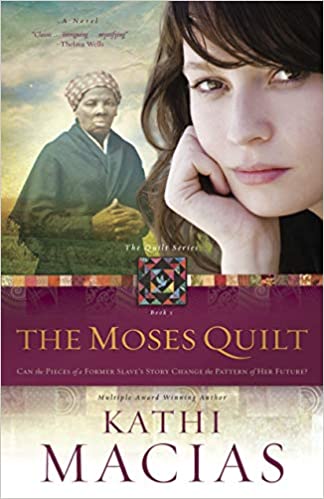 in Southern California with her husband, Al.
in Southern California with her husband, Al.
Graphic adapted, courtesy of ambermb at Pixabay.
 Post a Comment → Posted on
Post a Comment → Posted on  Tuesday, March 30, 2021 at 11:00AM
Tuesday, March 30, 2021 at 11:00AM  A Future and a Hope,
A Future and a Hope,  Changing Circumstances,
Changing Circumstances,  Fear,
Fear,  Hope,
Hope,  Kathi Macias,
Kathi Macias,  Obedience,
Obedience,  Perilous Times,
Perilous Times,  Scary Culture,
Scary Culture,  Uncertain Times,
Uncertain Times,  Uncertainty,
Uncertainty,  Upgrade with Dawn Upgrade Your Life
Upgrade with Dawn Upgrade Your Life  Encouragement,
Encouragement,  Hope,
Hope,  Spiritual Life
Spiritual Life 






